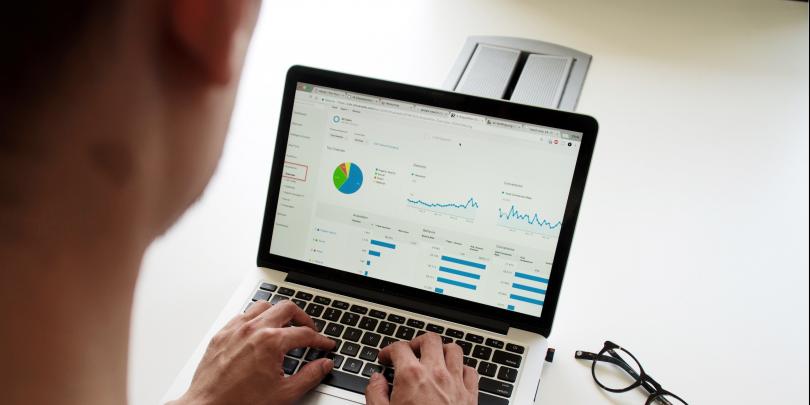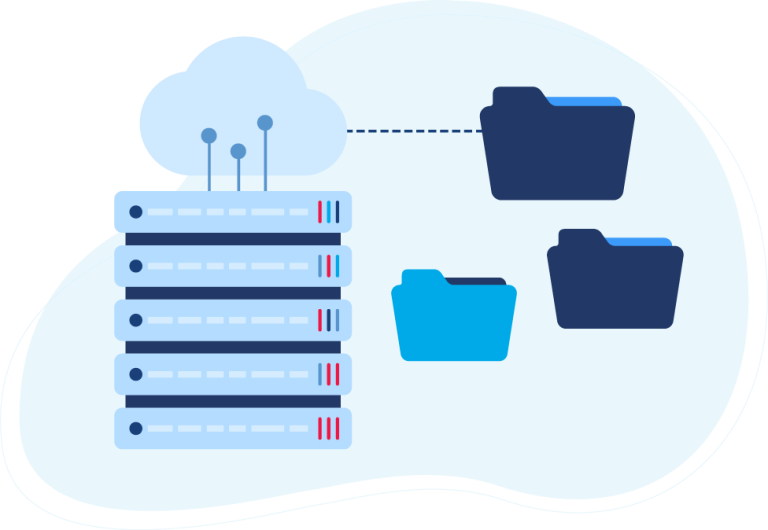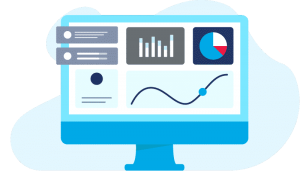When taking a look at an ERP’s and CRM’s individual functions, you’ll quickly be able to see they aren’t necessarily alike. Yet that is exactly why it makes sense to integrate them. To elaborate, an ERP is the central hub for all your data on the back-end, which includes your accounting information while a CRM is focused on the front-end customer data. Let’s get straight into why it makes sense to integrate them.
For starters, it improves the customer experience across your business channels on the front and back-end of your website. Data alignment between both your ERP and CRM allow your business to gain efficient data flows across applications, allowing you to gain better visibility and correct errors with greater speed. In the article below, we will be taking a deep dive into the fundamental importance of integrating your CRM and ERP systems together to achieve a smoother customer experience.

Efficiency
The key for any business to run successfully, regardless of industry, is efficiency. If businesses fail to stay consistently efficient, they are running the risk of losing out on repeat customers. When you have your CRM and ERP integrated together, you can create direct workflows that can drastically reduce data input errors.
Your efficiency could also be affected by data duplication. Potentially giving your team misinformation that can lead to misinformed decisions. One way to resolve this issue is by using a tried, tested, and true solution, where all the kinks are already worked out. Remember, when you improve your efficiency you allow your business to scale.
Data Alignment
One of the most annoying things to deal with in modern civilization is having your drive home ruined by traffic. The slow and inefficient process of getting to your desired destination because the roads and highways can’t accommodate that amount of movement. I like to think of data as if it were a car on a highway. Average connectors can only handle the amount of traffic that their “lanes” provide, which can lead to bad or even lost data in your ERP and by association your CRM. Great connectors like VL OMNI’s are able to expand and contract to handle an influx of data in burst scenarios (ex. Black Friday, Cyber Monday), making sure all your data cleanly and quickly gets from the ERP to your CRM as well as your other necessary applications. It would reach its destination consistently with great speeds, without the potential fault of human error.

To have data move to the right places it is important that integrations are done properly. If they are not, it can allow for bad data to be sent to the ERP and in turn, the CRM. Leading to incorrect data being integrated into all your applications.
When orders are being set up, bad integrations can also cause transaction failure for specific products which results in a multitude of issues like lost opportunities, dissatisfied customers, etc. all equating to lost revenue. An example of how bad data can affect your systems would be:
In B2B scenarios, businesses may choose to manage their customer relationships and quoting processes in the CRM. To be able to set up an order, you need correct product codes in the CRM, in order to relate them to the appropriate product in the ERP. These are all important aspects to consider because if your sales orders aren’t aligned suitably, it can easily lead to a multitude of costly errors.

Improving Your Customer Experience
Why would an integrated CRM and ERP improve your customer experience? In today’s eCommerce age, your customer data is gold. It is essential that customer data is where it needs to be with velocity and speed, to every application in your technology stack. Giving you visibility across channels to correct or manage issues as they arise.
For example, let’s say a customer orders a pair of socks from your website but they’ve made a mistake, they accidentally ordered one too many pairs. Your eCommerce team must be ready to correct the issue at a moment’s notice. With everyone on your team having visibility into your customer data across systems. With the ERP and CRM integrated together, your team will be able to service that customer immediately. Data integration allows you to see the order mistake as well as the customer record that matches up with it. This will ultimately lead to your team having clear visibility across their systems, reducing confusion and recurring manual errors, and for your customer a better overall customer experience. Afterall, a happy customer is a returning customer.
Conclusion
The benefits of scalable and agile data integration across your ERP and CRM applications outweighs the potential cost and risk of manual data errors, confusion that comes with lack of visibility into systems and the decline of your customer’s experience with your brand. Integrating your CRM and ERP requires strategic consultation and managed services with VL OMNI, a iPaaS data integration platform. We empower scaling businesses across the world to fully integrate and automate their key workflows between applications.
 D365 Business Central
D365 Business Central Netsuite
Netsuite


